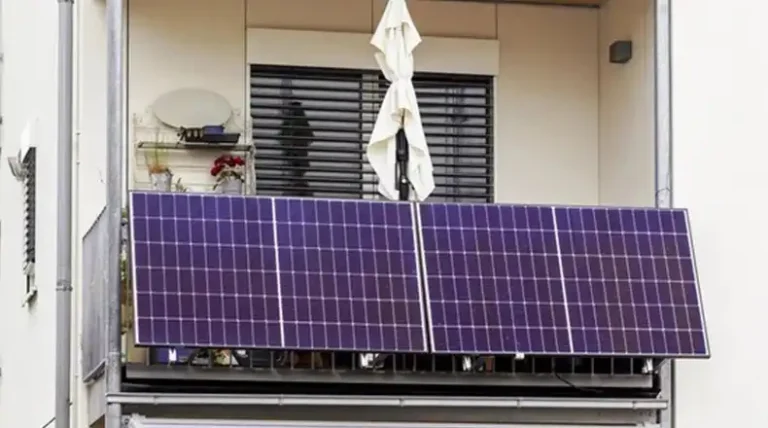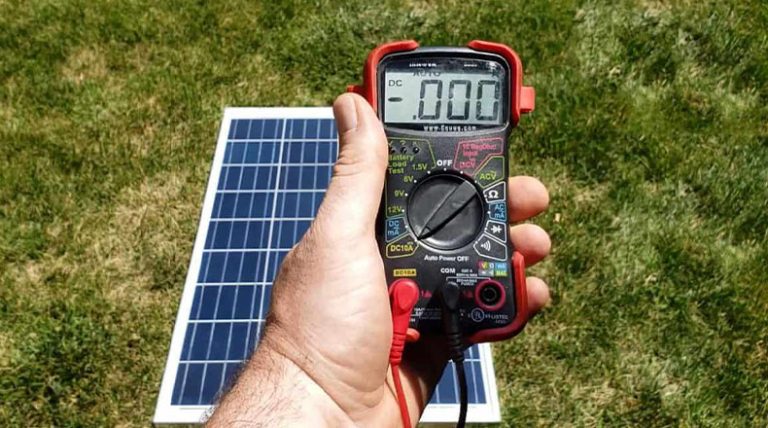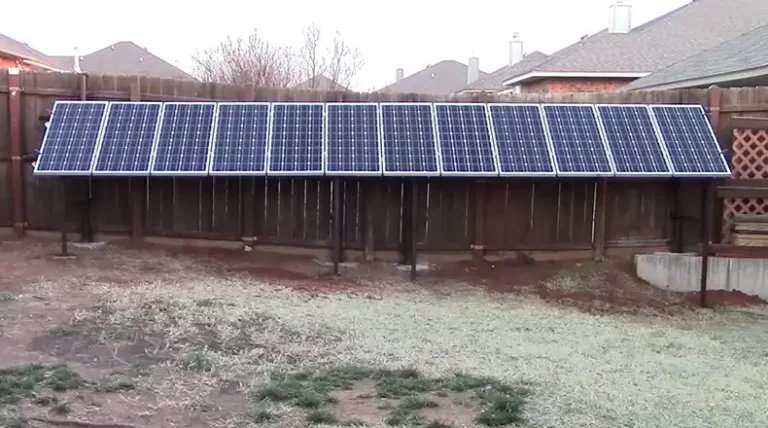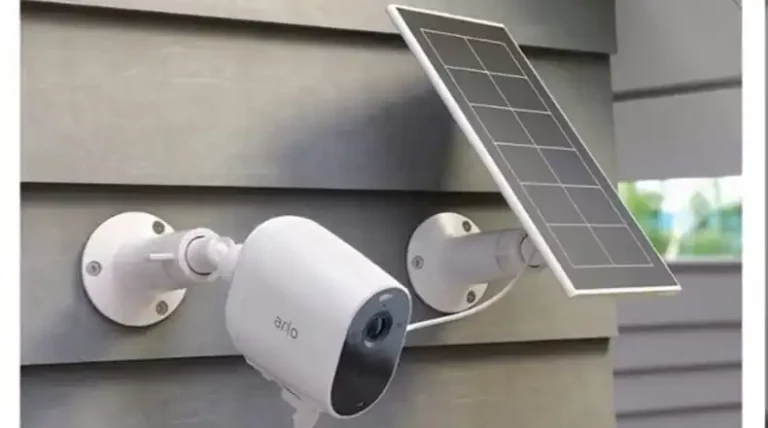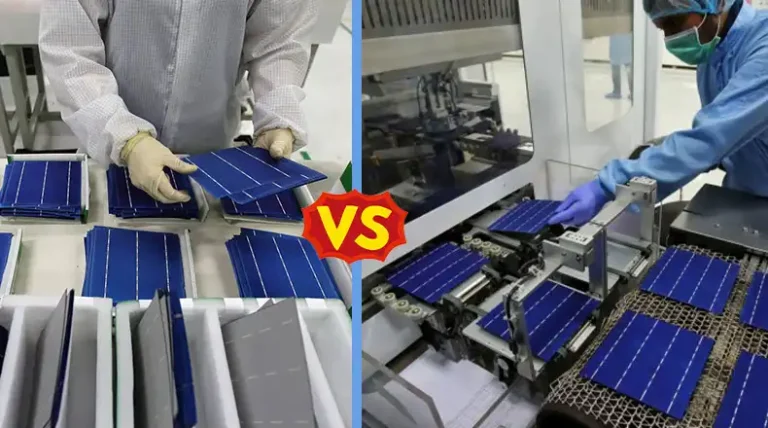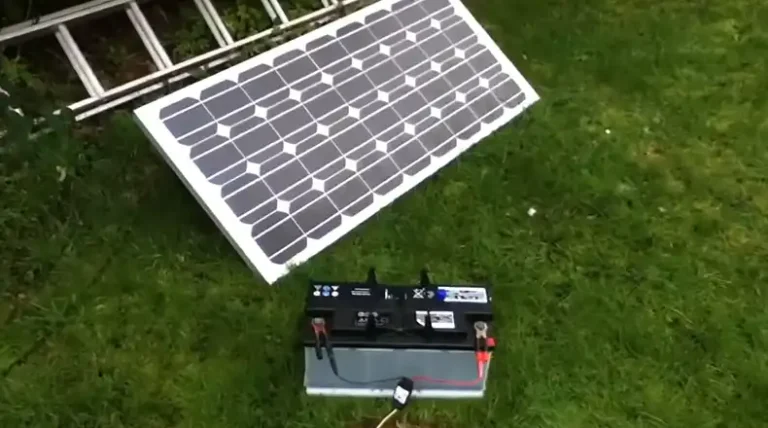How Many Solar Panels Do I Need to Run an Electric Boiler?
An electric boiler is a system that uses electricity to heat water or steam for residential and commercial heating applications. Compared to gas boilers, electric boilers offer a clean and quiet operation with environmental benefits. But running an electric boiler requires significant power.
This guide examines how to determine the number of solar panels needed to generate sufficient electricity to operate an electric boiler. In short, you will need about 33 panels rated at 300 watts to run an electric boiler. For a detailed rundown, read on.
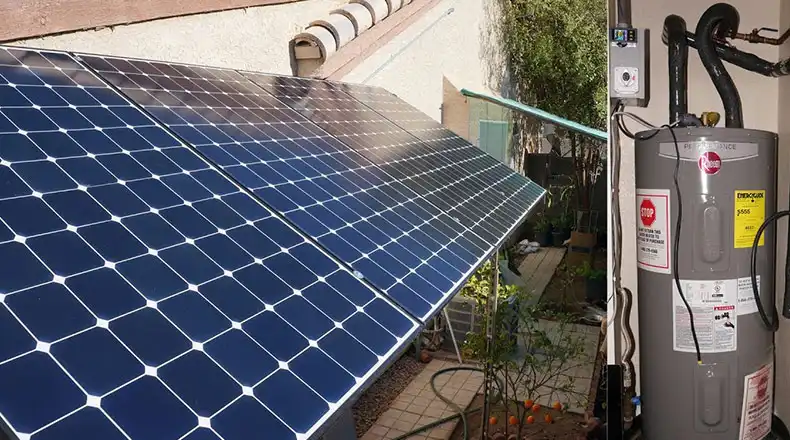
How Much Power Does an Electric Boiler Use?
The power consumption of an electric boiler depends primarily on two factors: the boiler’s heat output capacity and efficiency rating. Most residential electric boilers have a capacity between 15-30 kilowatts (kW). Larger commercial boilers may have capacities over 100 kW.
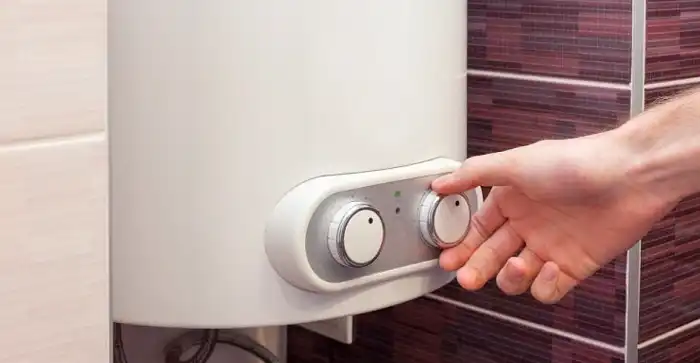
To estimate your boiler’s average electricity needs, you’ll need to consider its hourly and daily usage pattern in your climate. Assuming around 2,000 heating degree days per year and six hours of average usage per day, a 20 kW electric boiler would require 20 kW x 6 hours x 2,000 days = 240,000 kWh of annual electricity production from your solar array.
How Much Power Can Solar Panels Provide?
The electricity generated by a solar photovoltaic (PV) system depends on several key factors:
- Solar panel wattage – Typical residential panels range from 250-400 watts. Larger commercial panels can be over 400 watts.
- Hours of sunlight – The solar potential of your location determines how many hours per day panels can generate electricity.
- Panel tilt & orientation – Optimally angling panels to face south and tilt at an angle equal to your latitude will maximize production.
- Efficiency losses – Dust buildup, high temperatures, aging panels, and other factors create real-world efficiency losses of 10-25%.
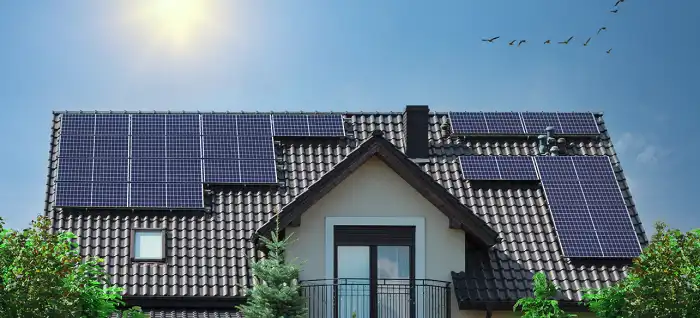
To illustrate, ten 300 watt solar panels in an average climate with 5 peak sunlight hours per day could generate 300 x 10 x 5 = 15,000 watts or 15 kWh of electricity daily. Factoring in 20% efficiency losses gives approximately 12 kWh of real-world daily output in this example.
Calculating the Number of Solar Panels Needed
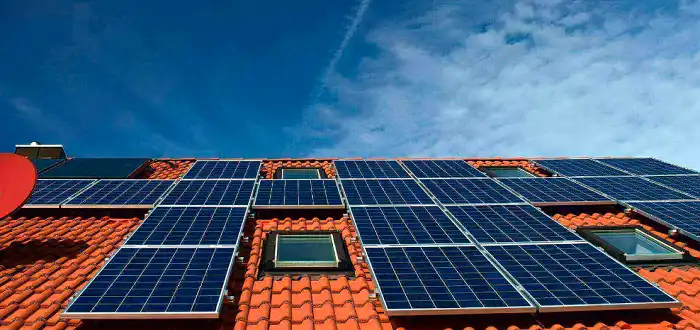
To determine the solar array size needed for your electric boiler, follow this general formula:
Electric boiler power use (kWh) divided by solar panel output (kWh) equals the number of solar panels needed.
Let’s assume you have a 30 kW electric boiler in a climate with 4 average peak sunlight hours per day. If you install 300-watt solar panels at a 20-degree tilt pointed south, each panel can generate around 3.6 kWh per day (300 watts x 4 hours x 90% efficiency).
With your boiler needing 30 kW x 4 hours = 120 kWh of daily electricity, you would need:
120 kWh (boiler) divided by 3.6 kWh (daily solar panel output) equals 33 solar panels
So in this example climate, an array of around 33 x 300 watt panels would be recommended to power a 30 kW electric boiler. Oversizing the system to account for efficiency losses is advisable.
Other Considerations
- Energy storage via batteries allows you to stockpile excess solar electricity for use when the sun isn’t shining. This helps power the boiler even on cloudy days.
- Connecting your solar array to the utility grid via net metering can supplement your solar panels with grid power as needed.
- Installing an energy monitoring system will let you analyze your boiler’s hourly power demands versus the solar array’s production to help optimize the system.
- Having a backup heating source like a wood stove or gas boiler provides redundancy in case extended bad weather limits solar panel output.
How is an electric boiler different from a conventional gas boiler?
An electric boiler uses electricity to heat water or steam directly, while a gas boiler burns natural gas or propane to provide heat. Electric boilers offer quiet and clean operation with no combustion byproducts.
What temperature does an electric boiler heat water to?
Most residential electric boilers heat water to between 120-140°F for space heating applications. Temperatures around 180°F are common for commercial/industrial process needs.
What is the best way to install solar panels for an electric boiler?
Face the panels south and tilt them at an angle equal to your latitude for optimal year-round production. Have an electrician wire the array to your boiler’s power supply.
How long do solar panels last?
Modern solar panels can still produce over 80% of their original output after 25 years. Performance may decline slightly over time. Proper maintenance is key.
Can I size a solar array to run just my boiler or the whole house?
You can do either, though oversizing to power additional electricity needs is recommended. Consult an installer on the best system design.
Can electric boilers work off-grid with solar power?
Yes, electric boilers can be powered by off-grid solar systems not connected to the electrical grid. This allows for boiler operation in remote locations without access to utility power.
Can I control my electric boiler remotely?
Many electric boilers integrate with smart home systems and can be controlled remotely via a smartphone app. This allows you to monitor energy usage, adjust settings, and receive notifications while away from home.
Do electric boilers require a lot of maintenance?
Electric boilers contain fewer mechanical parts than gas boilers. This makes them generally easier to maintain over time without the need for extensive servicing.

